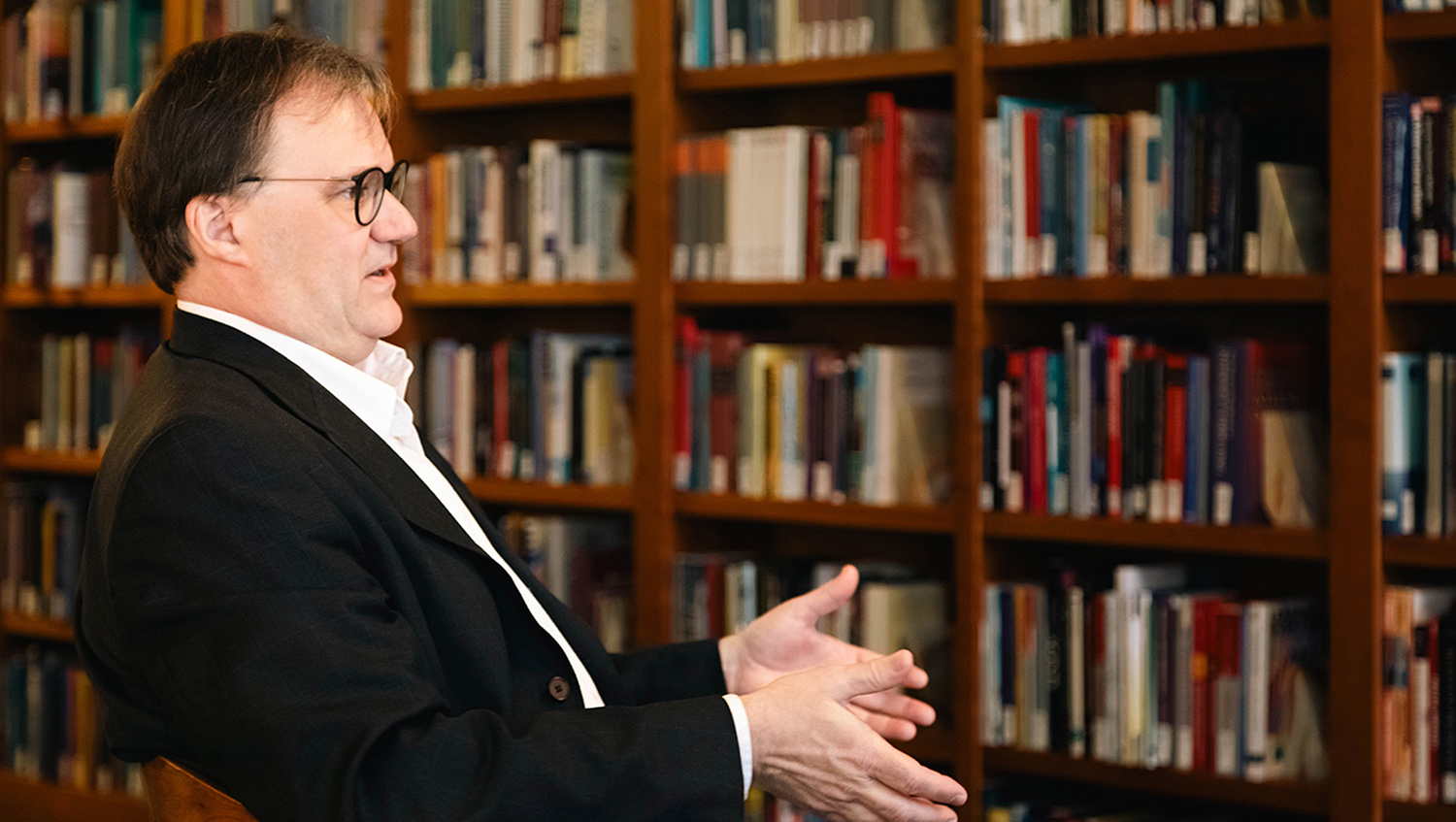Thinking About Justice and Morality


In this guest post, Timothy Hinton, Associate Professor of Philosophy, provides an insight into his scholarship around justice, morality, and what it means to be human.
Most of my published work has been in political philosophy, where I have spent a good deal of time thinking and writing about distributive justice. In particular, I have focused on the question of how the resources of the external world can most fairly be distributed between people. In several articles, I have developed a conception of justice that draws on the natural rights tradition, according to which all human beings own the resources of the world in common.
This means that external resources need to be distributed in accordance with principles that each co-owner of the world could reasonably accept. I have argued that this implies that each co-owner has rights of reasonable access to the world’s resources and that no co-owner may take unfair advantage of others in using resources. This in turn implies, I believe, that we have an obligation to ensure that no one in the world is unnecessarily badly off.
More recently, I have begun writing about the foundations of morality. One issue that really interests me concerns the rational authority of morals. The question could be expressed like this: How can we make best sense of the suggestion that when we have a moral reason not to do something, that reason is more weighty or important for us than our other reasons in favor of doing that thing?
The problem is clearest in cases involving a conflict between self-interest and morality. For instance, if someone were to offer us ten thousand dollars to break the legs of a stranger’s child, I suspect that most of us would reject the offer as abhorrent. The trick is to find a satisfying philosophical explanation of or justification for that response (and I simply take for granted that that response has to be the right one). I’m not satisfied with either of the two main philosophical strategies that are on offer here.
The first is basically Plato’s view that it’s always in our interests to avoid doing evil because having a worthwhile life just is living a morally good life. That makes the answer more-or-less true by definition, which is precisely why I’m unsatisfied: I’d like to dig a little deeper.
The other strategy is basically Hobbes’s view that our lives tend, on the whole, to go better when we behave morally. If each one restrains their self-interest, we all live safer and more enjoyable lives. Hobbes thereby makes moral behavior into a form of enlightened self-interest. This time I’m unsatisfied because one can always imagine cases in which crime – even rather nasty crime – would pay. But even if no one ever discovered some deeply immoral thing I’d done to serve my own interests, I still think I would have a compelling reason not to do it.
The view I’m working on aims to develop a conception of the task of being human that reveals how being moral is a core component of that project. Consider some of the basic human capacities that morality draws on: our ability to empathize with others and our power to engage in shared reasoning about what to do. I hope to be able to show that if one lacks these capacities, one falls radically short of being human.
by Timothy Hinton, Associate Professor of Philosophy
This column originally appeared in the June 2012 Philosophy and Religious Studies Newsletter published by the college’s Department of Philosophy and Religious Studies.
- Categories:


